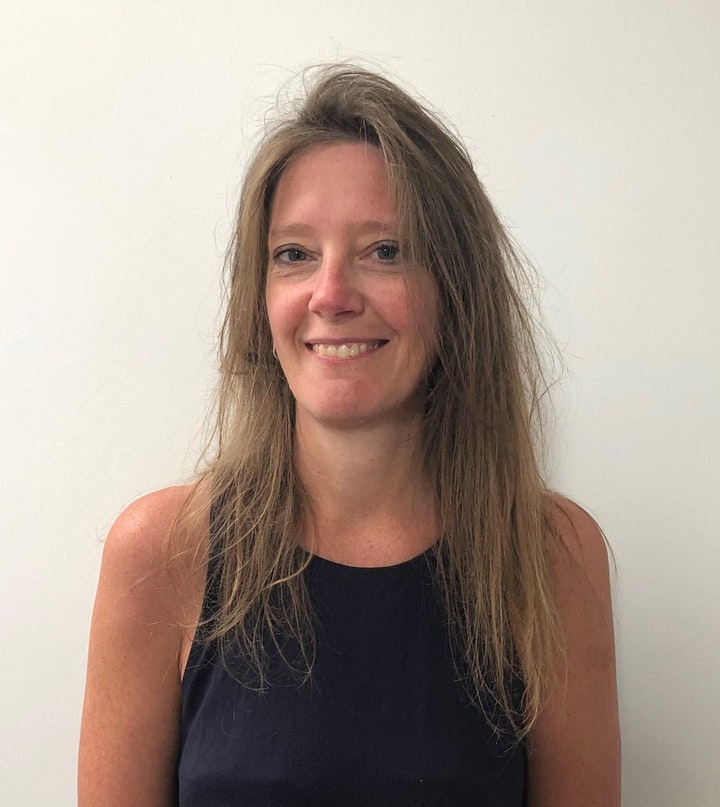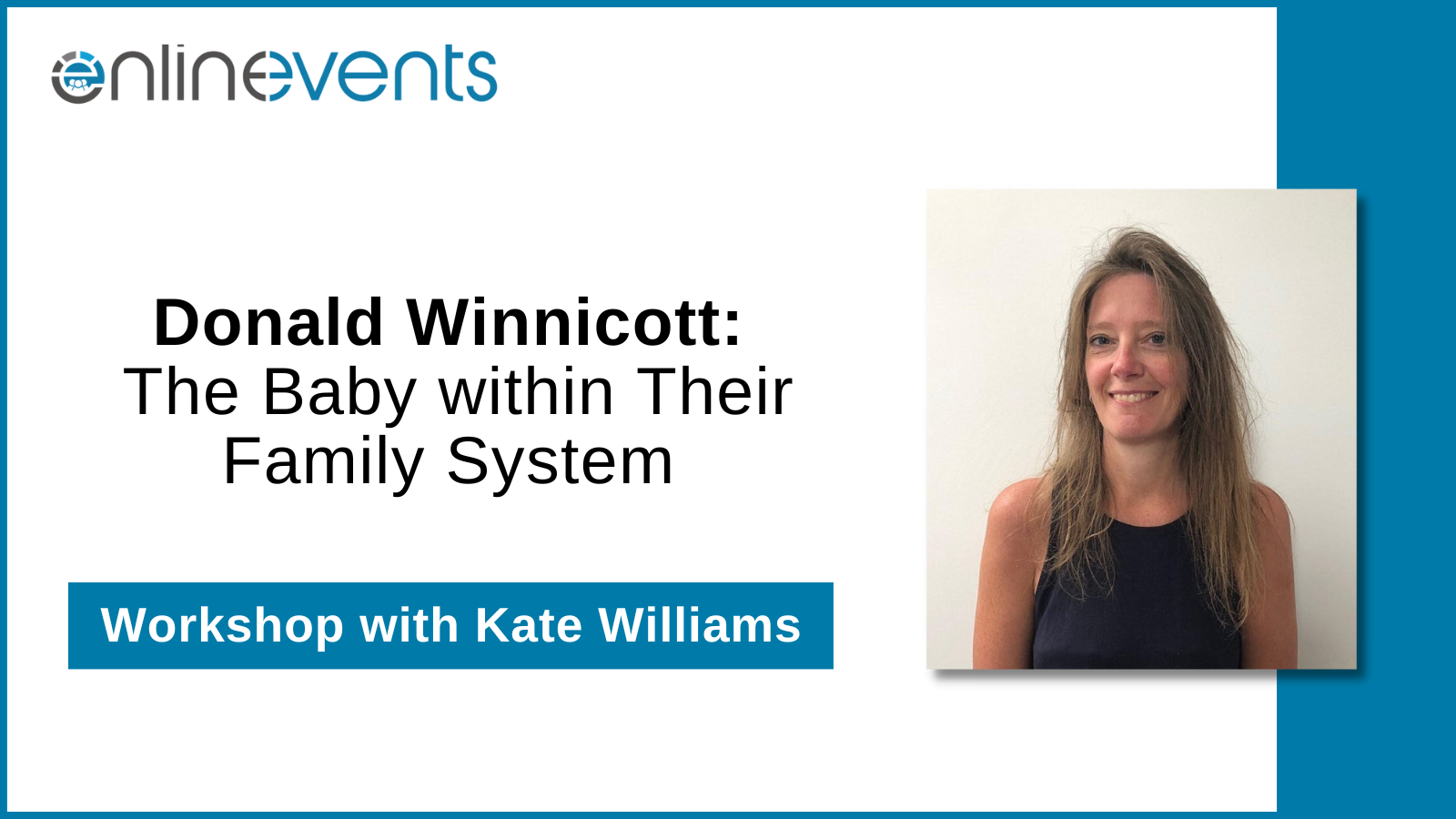A pre-eminent figure in British psychoanalysis, Donald Winnicott (1896-1971), is recognised internationally for his contributions to the understanding of psychological development, from infancy to maturity. He was both pediatrician and psychoanalyst and spent thousands of hours working with children, forming his theory of child development.
His warmth and humanity comes through in his teachings and he has a lovely way of describing the experience of the baby. In this one-hour workshop you’ll gain a deeper understanding into Winnicott’s theory, his 3 stages of unity, transition and independence, turning points in a child’s life and how the environment plays a key part to the healthy development of the child’s psyche.
Learning Objective Participants Can Expect From This Event
- To understand the significance of Unity – stage one of child development
- To understand the components of the transition and independent stage
- To gain an insight into how the holding environment of the therapist is essential when there have been failures & deprivations of a clients formative environment
Who is This Workshop Appropriate For?
- Trainees and qualified therapists and anyone with an interest in child development
How May This Workshop Impact Your Practice?
- Shine a light on a persons personality development through their early relationships
Course Content
Presenter

Kate Williams has been in therapeutic practice since 2009 with a background in counselling in further education. She currently runs a busy private practice, works with NHS clients and enjoys running workshops for onlinevents and staff wellbeing workshops for NHS Hull & Humberside.
Kate is centre manager for the Bedfordshire Centre for Therapeutic Studies where she teaches on the CPCAB L5 in Somatic Trauma Therapy course & L2 Award in Breathwork Coaching as well as the Level 4 in Therapeutic Counselling.
Kate has a passion for bringing the body into her practice supporting clients to release the trauma that is held within their bodies. Kate is know for her relaxed teaching style, experiential somatic practices and skill of bringing theory to life and making it applicable.


